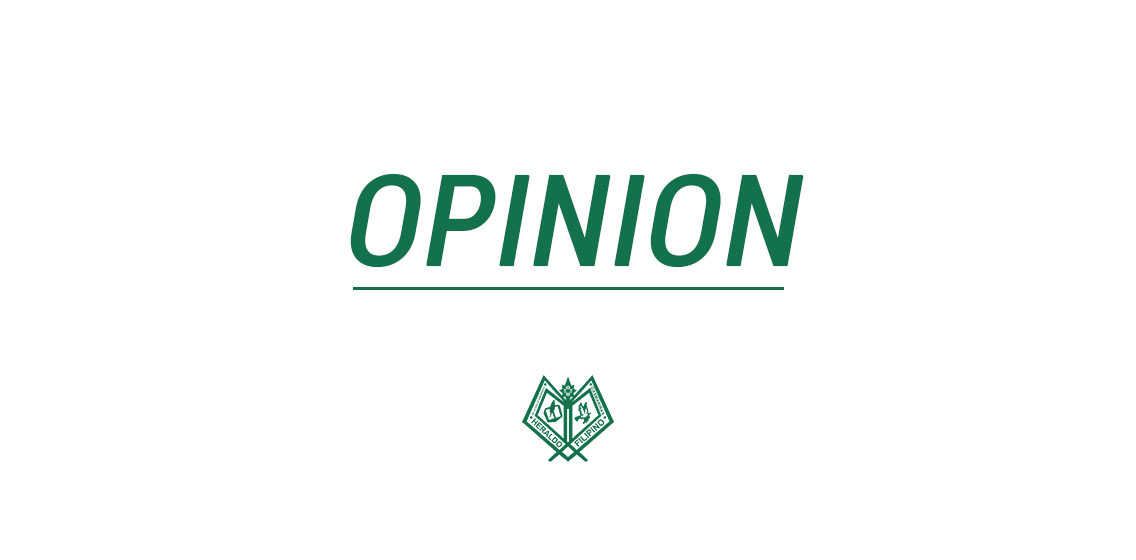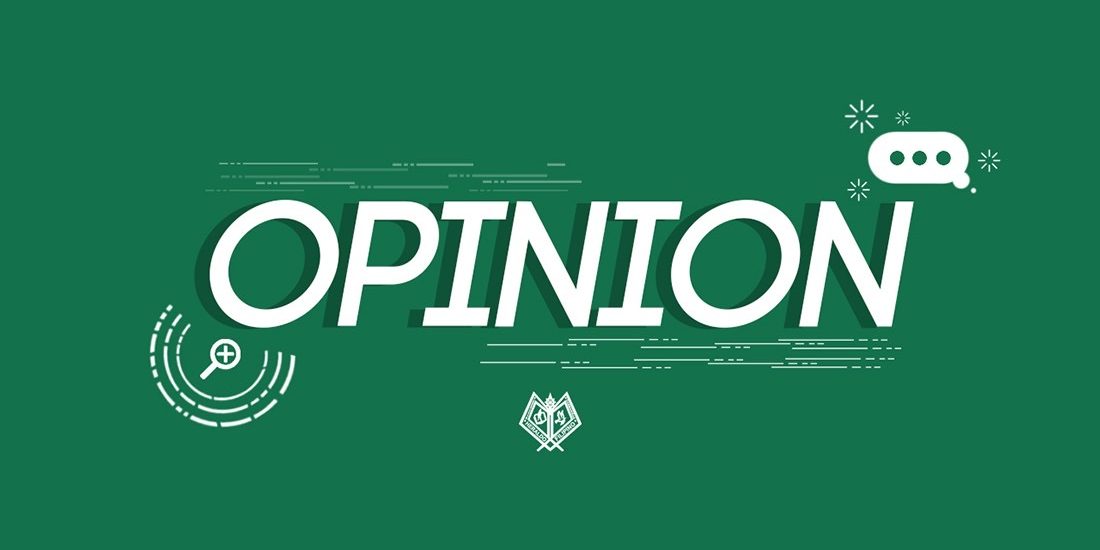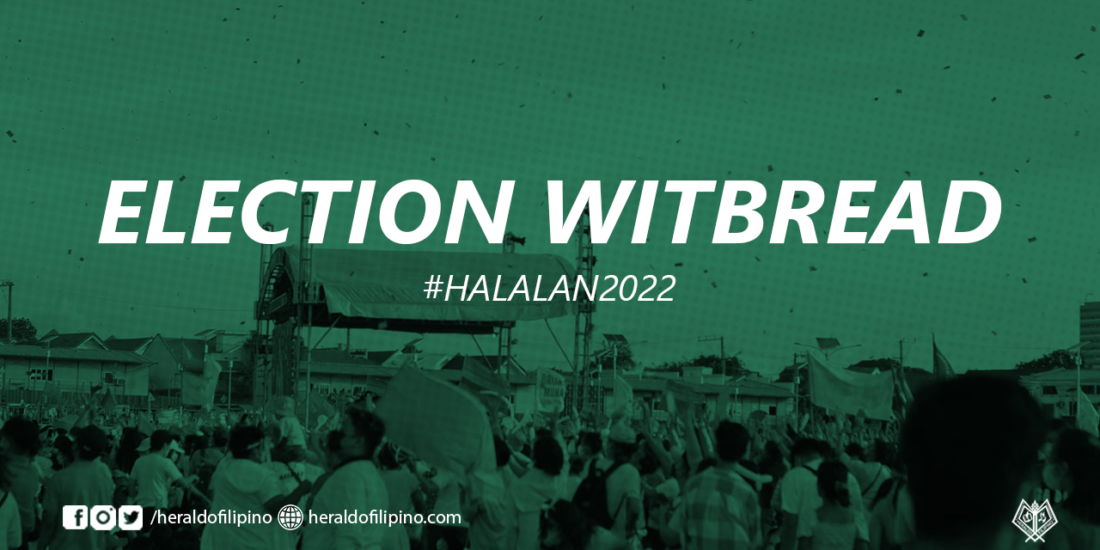Color blind
Mocha Uson—the renowned celebrity Duterte supporter behind the infamous Mocha Uson Blog. Known for her bold campaign and intense defense for the president and his endeavors, Uson continues to take on the world—even as petitions try to shut down her Facebook page. Her one-sided, interminable, and headstrong attacks against so-called “anti-Duterte” people and groups that are unhappy with the president’s undertakings has earned her cronies—yet mostly enemies.
It all started in her interview with Bloomberg—as with anyone in my place, I was intrigued to watch the interview. In her statement, she said the country’s Chairman of the Commission on Human Rights needed to step down from his position because of his bias as a “yellow” or an Aquino supporter, and thus, an “anti-Duterte.” For someone who hadn’t yet read Uson’s blogs, I was left in disbelief considering her only justification in wanting the human rights chair to resign is that he belongs to the many allies of the Aquino’s. How’s that for a quick argument?
Some strong-willed adherents like Uson are deemed by the Filipino public as partisan—excuse me for the word—retards, affiliated with one of the two main political parties in our country, both claiming to be on the right track and both calling the other as a leftist. As the two teams continue in their aggressive word war against each other, they scornfully call one camp Dutertards, the Duterte defenders; and the other Yellowtards, the Aquino allies. For as long as I’ve observed, it’s always been this way as competition and partition are essentially a part of politics; but with social media and the ease it provides in communication and criticism, political supporters gain more power to scuffle against the other. And this fight is starting to get pretty messy—a mess we can no longer afford to ignore.
“…partisan colors are simply colors, and not lines designed to divide…”
When you scroll down your Facebook news feed, not a single week will pass without encountering a chain of debates between partisans in the comment section of a news article about a Duterte or Aquino ally. Sadly though, we’re too confined by the tradition that partisans are supposed to be rivals and trigger-happy supporters are meant to wage war against one another, mindless of the fact that virtual words can cut deeper than knives.
So it’s no longer a surprise why some Filipinos find it hard to express their opinion because of their fear of being misunderstood or merely terrorized online. Now, how can we freely express ourselves, in this generation which advocates freedom of speech, if political defenders crouch in the different corners of social media, waiting for someone to oppose and torment?
It’s time to realize that political parties are made to create alliances, not nemeses. And there’s a limit on how much we should embody our support for political groups—and this is not to a point where we should turn on our inner Mocha Uson to any opposition. Because remember, whether you provoke someone of doing an act you consider as “galawang dilaw” or “pula,” partisan colors are simply colors, and not lines designed to divide individuals, political groups, or the nation as a whole.
In the end, the government sees no political party and the Philippines sees no political colors after the circus of campaigns. Just as elected officials take on their positions, we need to settle down on ours too: not as pro-Duterte or pro-Aquino, but as pro-Filipino. What will matter most in politics is not competing against each other, but working together for the good of the country—where service is color blind.





